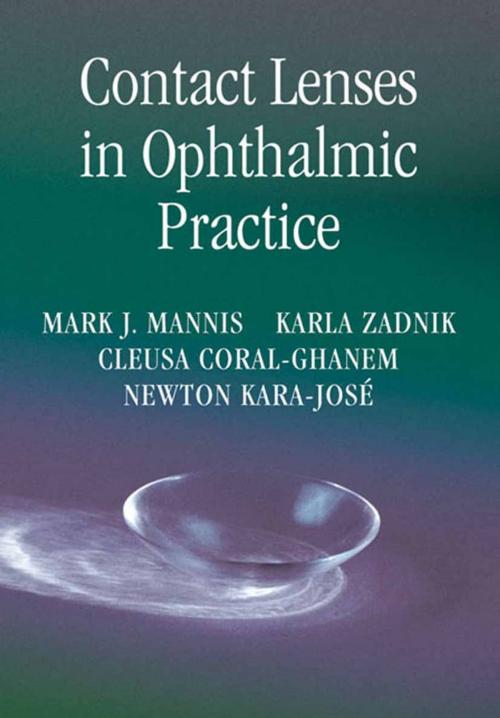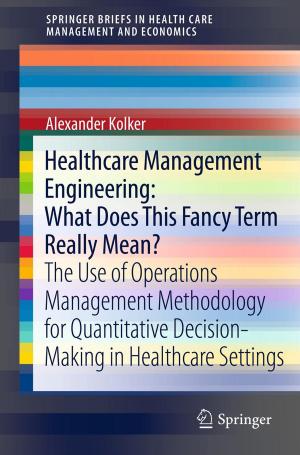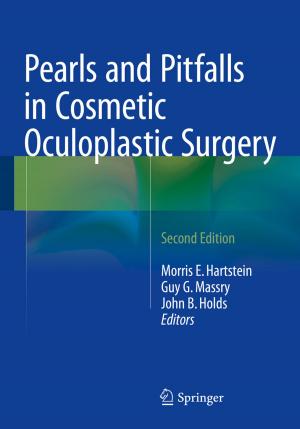Contact Lenses in Ophthalmic Practice
Nonfiction, Health & Well Being, Medical, Specialties, Ophthalmology| Author: | Mark J. Mannis, Karla Zadnik, Cleusa Coral-Ghanem, Newton Kara-José | ISBN: | 9780387217581 |
| Publisher: | Springer New York | Publication: | May 11, 2006 |
| Imprint: | Springer | Language: | English |
| Author: | Mark J. Mannis, Karla Zadnik, Cleusa Coral-Ghanem, Newton Kara-José |
| ISBN: | 9780387217581 |
| Publisher: | Springer New York |
| Publication: | May 11, 2006 |
| Imprint: | Springer |
| Language: | English |
Even with the advances in intraocular lens technology and the growing diversity of refractive surgery techniques, the role of contact lenses in ophthalmic practice has only increased. This is due in part to the great strides in materials, technology, expanding applications (both refractive and therapeutic) for contact lenses, and the clear recognition that contact lenses will always be an important tool for the ophthalmologist. With the fitting of contact lenses as a medical art, requiring a thorough understanding of anatomy, physiology and optics of the eye, this practice is formulaic only in part. The rest of contact lens practice requires sound medical judgment and decision- making that comes only with "hands-on" experience. The authors address this need by starting with a didactic approach that incorporates frequently-asked questions and straightforward answers so that the ophthalmology resident, intermediate contact lens practitioner, and optometrist will find this to be an indispensable resource.
Even with the advances in intraocular lens technology and the growing diversity of refractive surgery techniques, the role of contact lenses in ophthalmic practice has only increased. This is due in part to the great strides in materials, technology, expanding applications (both refractive and therapeutic) for contact lenses, and the clear recognition that contact lenses will always be an important tool for the ophthalmologist. With the fitting of contact lenses as a medical art, requiring a thorough understanding of anatomy, physiology and optics of the eye, this practice is formulaic only in part. The rest of contact lens practice requires sound medical judgment and decision- making that comes only with "hands-on" experience. The authors address this need by starting with a didactic approach that incorporates frequently-asked questions and straightforward answers so that the ophthalmology resident, intermediate contact lens practitioner, and optometrist will find this to be an indispensable resource.















